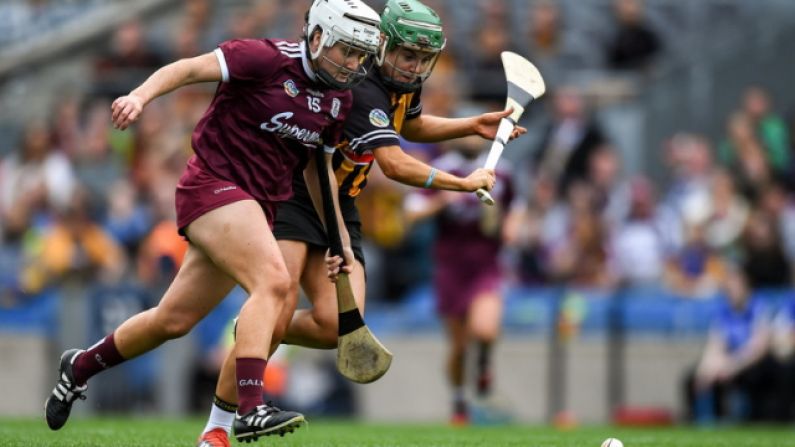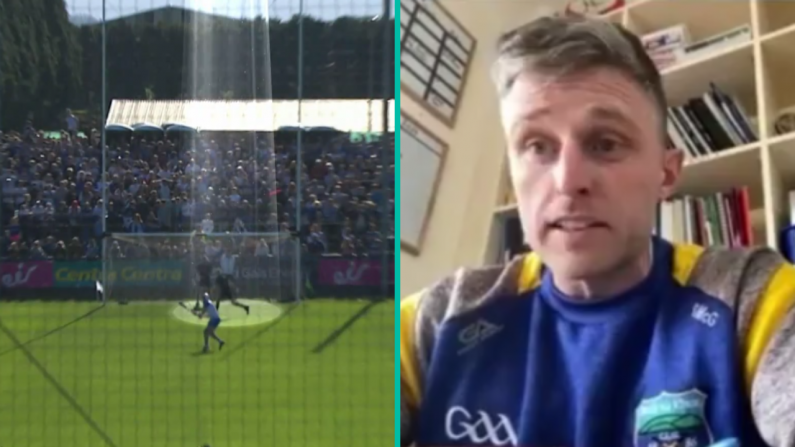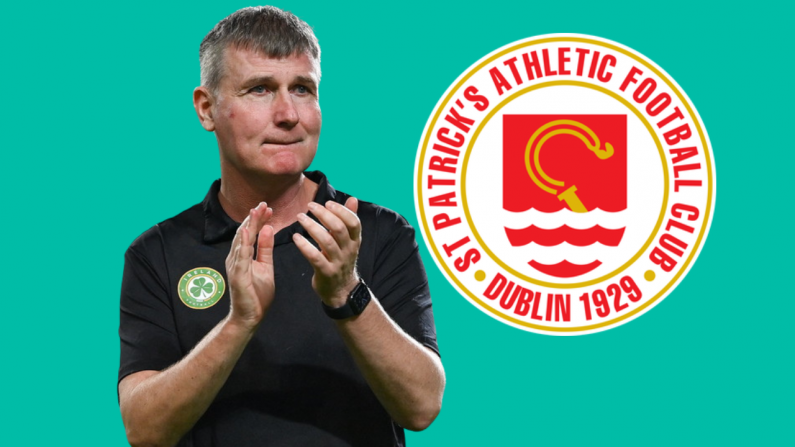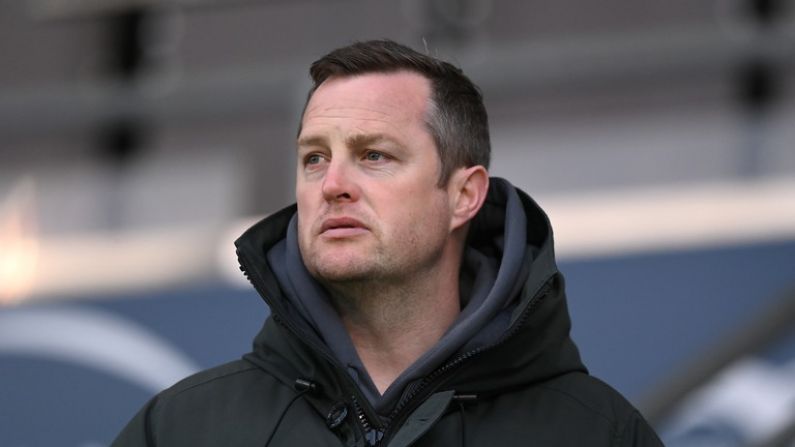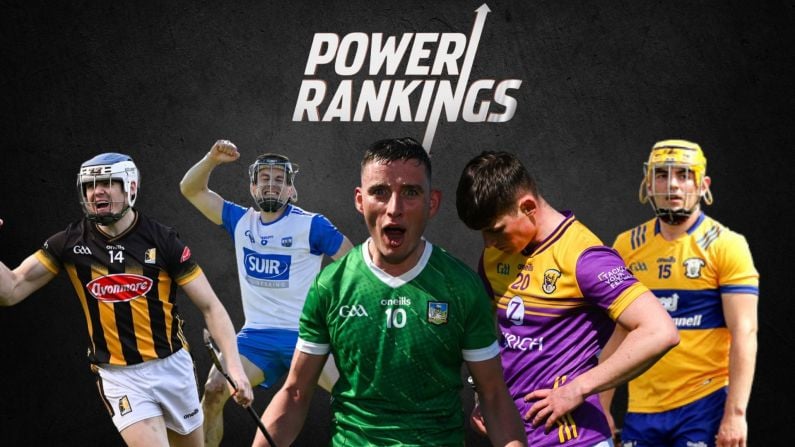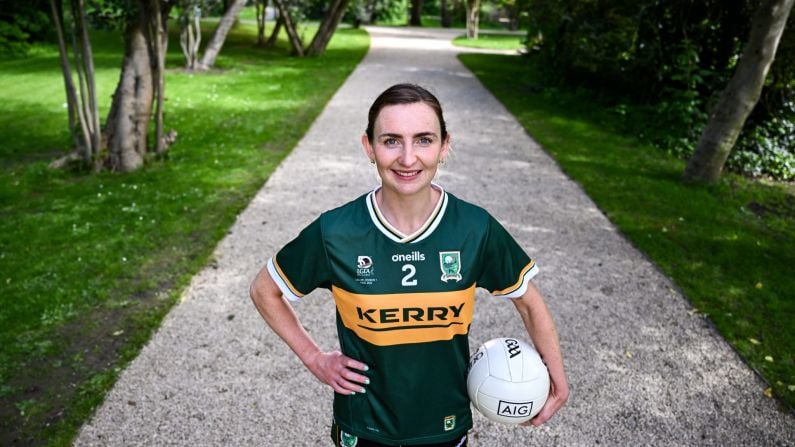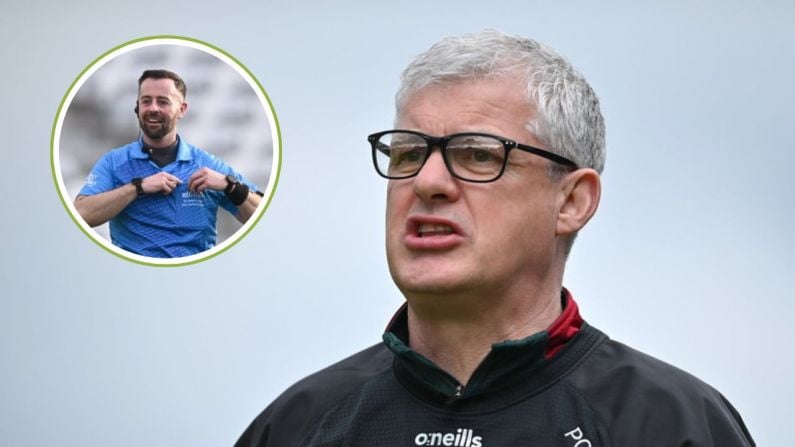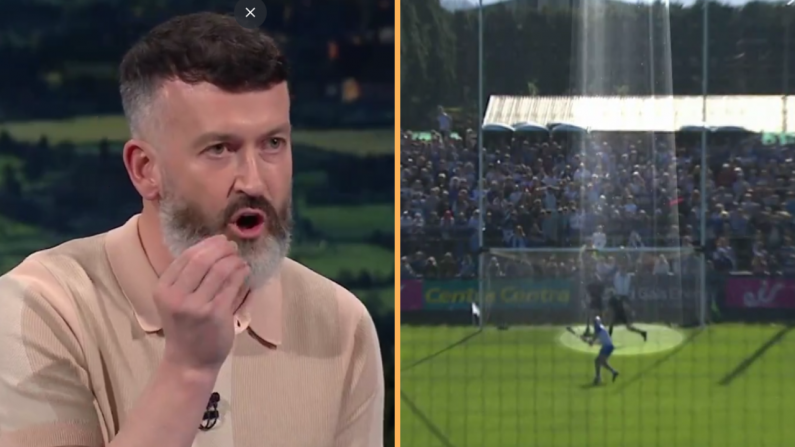The revised fixtures for the 2020 Liberty Insurance All-Ireland Championships have been confirmed.
Inter-county action is set to return on the weekend of October 17th/18th. This year's All-Ireland senior final will take place on December 12th at Croke Park. Should there be need for a replay, it will be played on December 19th.
2020 All-Ireland Senior Camogie Championship groups
Group 1
Cork, Galway, Offaly, Wexford
Group 2
Kilkenny, Limerick, Waterford, Westmeath
Group 3
Clare, Dublin, Tipperary
2020 All-Ireland Senior Camogie Championship fixtures
October 17/18: Offaly v Cork; Wexford v Galway; Limerick v Westmeath; Waterford v Kilkenny; Dublin v Tipperary
October 24/25: Kilkenny v Westmeath; Waterford v Limerick; Tipperary v Clare
October 31/ November 1: Cork v Wexford; Galway v Offaly; Clare v Dublin
November 7/8: Galway v Cork; Wexford v Offaly; Kilkenny v Limerick; Westmeath v Waterford
November 14/15: All-Ireland quarter-finals
November 28/29: All-Ireland semi-finals
December 12: All-Ireland final
All full list of fixtures for the senior championship, intermediate championship, premier junior championship, Nancy Murray Cup and All-Ireland U16 championship is available here.
It has also been confirmed that the trial playing rules which were initially implemented in this year’s National League competitions will remain in place for the 2020 All-Ireland Championships with a slight amendment to rule three, the quick puck-out. These rules will not apply to the 2020 All-Ireland Under 16 Championships or any other competitions.
The rules are only being implemented in the 2020 All-Ireland Championships at present and any decisions on their wider implementation will be made upon review of their impact following the conclusion of the championships.
The six trial playing rules being implemented are:
Approved Trial Playing Rule 1: Contact
A player may use minimal contact on an opponent’s body from side-on, once they are making a reasonable effort to gain possession of the sliotar.
Minimal contact is described as contact made while making a reasonable attempt to gain possession of the sliotar. Contact must not be made in an aggressive or cynical manner.
Penalty: Free from where foul occurred except as provided in Rules 11.2 – 11.12.
Approved Trial Playing Rule 2: Persistent Foul
A player who is deemed to be persistently fouling another player in the first instance will be noted by the Referee. For any further infringement normal rules apply.
Approved Trial Playing Rule 3: Quick Puck-out
To restart the game following a wide (Rule 9.5), the Referee will blow the whistle to signal a wide and from that point the sliotar is back in play and the goalkeeper is free to restart the game via a puck-out from the correct position. The Referee will have discretion to stop the play.
Approved Trial Playing Rule 4: Free from the hand
A player may choose to take a quick free from their hand if they are fouled inside their own 45-metre line. Only the player that is fouled can take it from the hand and it is an indirect free.
Approved Trial Playing Rule 5: Dropping the Hurley and Hand-pass Goal (9.6.i. and 9.6.f)
Should a player deliberately drop their hurley then this will result in a free to the opposing team from where the foul occurred.
Any sliotar that is hand-passed directly into the net by an attacking player will be treated as a wide and therefore result in a puck-out.
Approved Trial Playing Rule 6: Penalty/20-metre free (11.2 and 11.3)
A penalty must be struck from on or outside the 20-metre line but not inside it. In addition, only one defending player may stand on the goal-line during a penalty and shall not move towards the 20-metre line before the sliotar has been struck.
Where any free is awarded on or near the 20-metre line, the free must be struck from on or outside the 20-metre line. No free/penalty may be struck from within the 20-metre line or within 20 metres of the goal.
Penalty: Free out to the opposing team where the infringement occurred.
Photo by Piaras Ó Mídheach/Sportsfile

